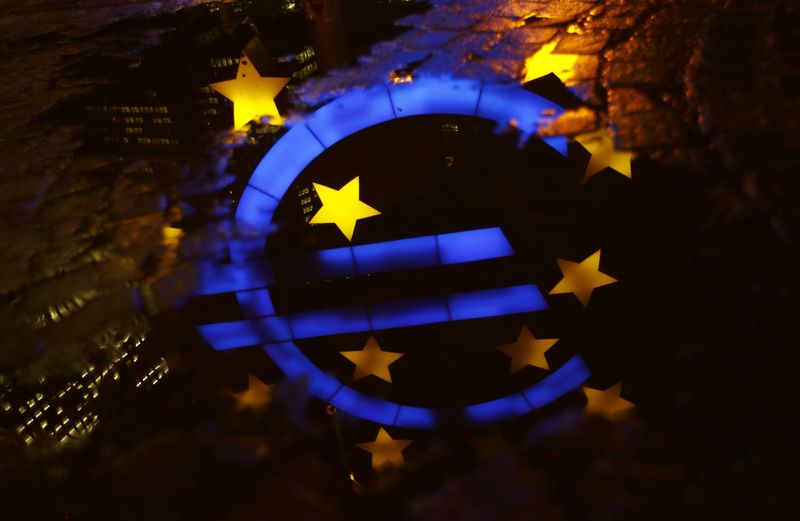BRUSSELS (Reuters) - A slight increase in exports and lower imports helped the euro zone widen its trade surplus in November, helped by a weaker euro and oil prices that are cushioning the impact of a dramatic drop in sales to Russia.
Unadjusted for seasonal swings, exports to the rest of the world rose 1 percent and imports fell 2 percent, swelling the bloc's trade surplus to 20 billion euros (15.46 billion pounds) versus 16.5 billion euros in November 2013, the EU's statistics office Eurostat said on Thursday.
Economists polled by Reuters expected a surplus of 19.6 billion euros. Adjusted for seasonal changes, exports rose 0.2 percent compared to October 2013. Imports were flat.
Exports have proved one of the euro zone's few strengths during its debt crisis, and of the bloc's major economies, Germany, Spain and Italy all increased their exports in the first 10 months of 2014, selling more manufactured goods.
But economists say foreign trade alone cannot reinvigorate the economy that is facing deflation and near-record unemployment. Investors say that only a U.S-style bond-buying programme will lift the economy and hope the European Central Bank will launch quantitative easing as early as next week.
The euro zone has been helped by a weaker euro that touched nine-year lows against the U.S. dollar this week, despite a collapse in trade with Russia sparked by the Ukraine crisis.
Detailed data for November was not yet available, but numbers for the January to October period showed a 14 percent fall in exports to Russia. Imports slid 10 percent compared to the year-ago period.
The West imposed economic sanctions on Russia in late July to punish Moscow's support for rebels in eastern Ukraine, while Moscow has implemented a food ban in retaliation.
But lower world oil prices have also offset the lost trade with Russia, helping the balance in November.
The deficit in energy trade after 10 months of 2014 was 237.7 billion euros compared to 267.7 billion euros in 2013.

For the period, the cost of energy imports dropped 11 percent, a greater margin than the bloc's falling energy exports.